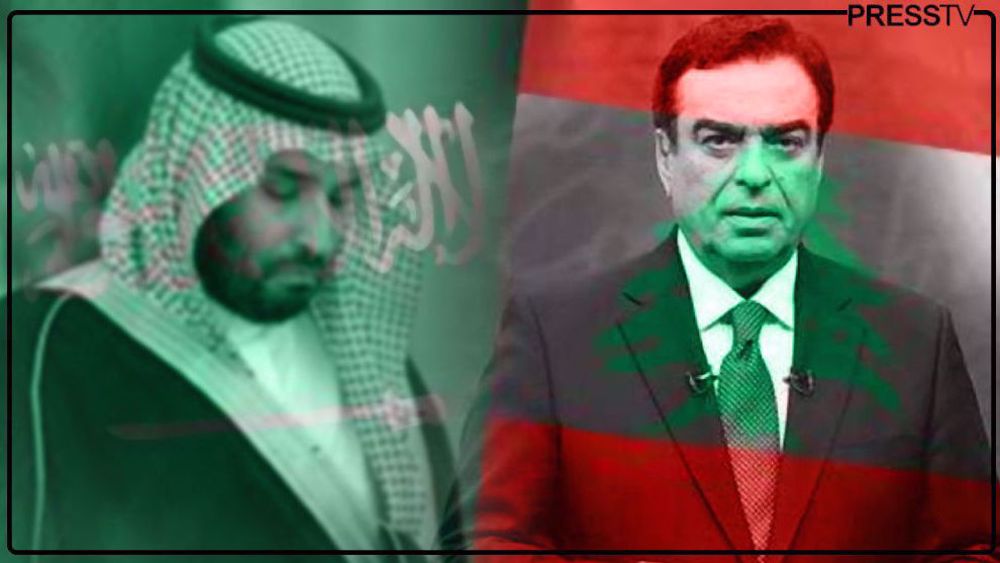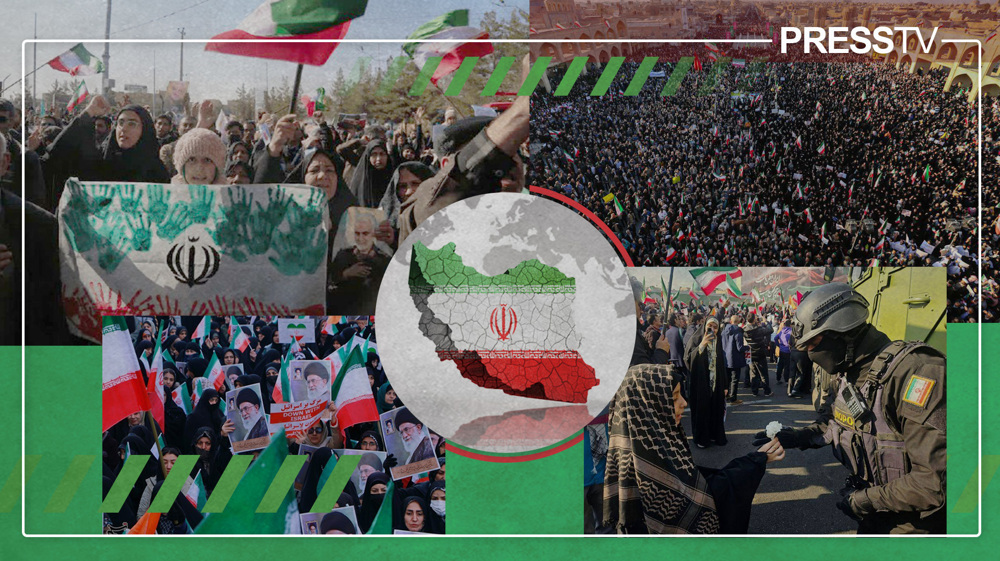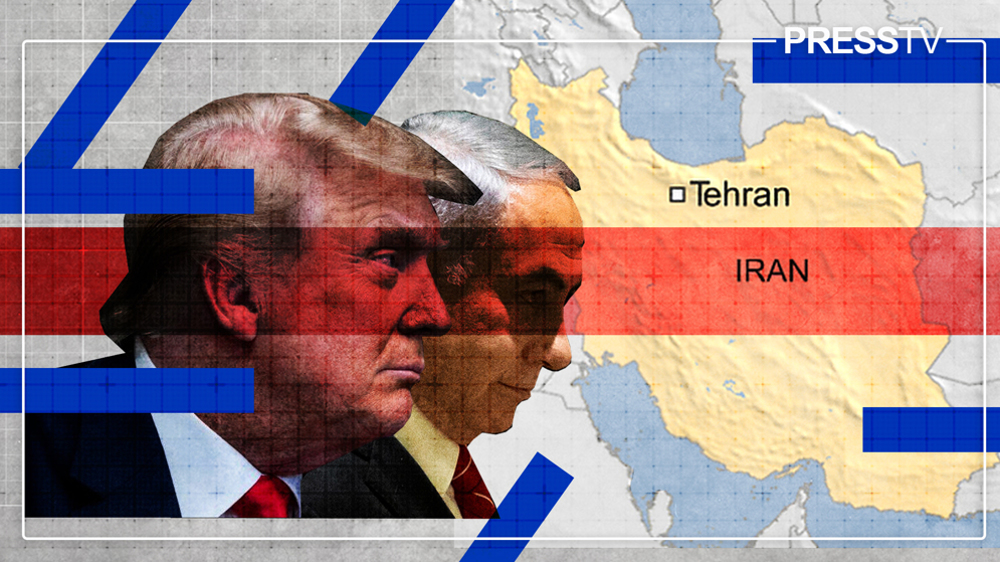Why did the Saudis manifest their anger against Lebanon publicly?
By Elijah J. Magnier
The Lebanese government ignored the best way to deal with Saudi Arabia after publicly cutting all diplomatic and commercial ties and dragging other Persian Gulf States such as Kuwait, Bahrain, and the United Arab Emirates (Qatar and Oman refused). The severing of the relationship has nothing to do with Information Minister George Kordahi’s widespread criticism of the useless longevity of Yemen’s war. Instead, it was because Saudi Arabia failed to make a breach in the four rounds of negotiations with Iran to change or stop the battle of Ma’rib. Moreover, Saudi Arabia was unable to create an area of influence in Lebanon that would have enabled it to leverage its advantage during Baghdad’s negotiations with Iran.
Undoubtedly, the military developments in Yemen played a significant role in the hard-line Saudi position towards Lebanon. Houthi Ansarullah – who received training from the Lebanese Hezbollah - took control of more than twelve districts out of 14 in Ma’rib province, leaving part of the valley and the city of Ma'rib still under siege. The fall of the entire region of Ma’rib is only a matter of time, and that will put an end to the Saudi control of the north of Yemen.
Saudi Arabia has concluded that Iran will not give it any concessions in Yemen and is far from bringing the ladder for Crown Prince Mohamad Bin Salman to elegantly come down from the tree and save a severe embarrassment after seven years of war.
However, other equally important reasons - in addition to Yemen - prompted the Saudi anger to escalate overtly. It is the crippling of the only remaining Saudi ally in Lebanon, the Christian leader Samir Geagea, a former Israeli partner who is wrongly believed to be a US-Saudi Trojan horse in Lebanon.
During a Senate Foreign Relations Committee hearing to the US Assistant Secretary of State Richard Hale, the US said that it had invested ten billion dollars in Lebanon to undermine "Hezbollah", Iran's most potent ally in West Asia, to no avail. Moreover, Saudi Arabia has endowed billions of dollars to support its allies in Lebanon to create strong influence and overpower Hezbollah. The result was quite the opposite: Hezbollah’s influence has increased, becoming a feared regional power.
Subsequently, the US has yielded to the change to its plans and adapted to its loss, altering its policy from military intervention to the harsh and illegal sanctions on the population wherever the government refused the US hegemony. Therefore, there is no longer a need to send thousands of American soldiers to West Asia to occupy countries, such a policy in Afghanistan, Iraq and Syria failed miserably.
However, the US sanctions miserably failed to achieve the desired objectives with Iran, Cuba and Venezuela. But the US imposed sanctions on Syria, waved them in the face of Iraq, and practised them without announcing them in Lebanon. Nonetheless, Iran and its allies have found a way to transform the US threat of harsh unilateral and illegal sanctions into an opportunity. This was translated by Iran sending oil tankers, medicine and food to Syria and Lebanon. Hezbollah could reap the fruits of the US sanctions with unparalleled public support, which it has not enjoyed since the Syrian war in 2011.
This confused and angered Iran's enemies, who found themselves unable to break Hezbollah. Saudi Arabia may despair of its Sunni allies in Lebanon because it does not have many options as the US. Instead, Saudi Arabia had a significant and different role in financing the wars that America led or desired to wage in the Middle East, Latin America and elsewhere. Consequently, Saudi Arabia decided to abandon its Sunni allies in Lebanon. Riyadh is convinced that no matter how numerous they are, the Lebanese Sunni can no longer serve its purposes to counter Hezbollah.
Therefore, the Saudis turned to another ally, the Christian right-wing Samir Geagea, who did not hesitate to criticise Hezbollah - as many did in Lebanon publicly. In his private meetings, Geagea showed off, saying that he had thousands of fighters and would not hesitate to engage in a battle with Hezbollah if necessary. He gave hope to the Saudis and the US that, if supported in the forthcoming parliamentary elections, Geagea could reach the Parliamentary majority. The objective is for Geagea to overrun President Michel Aoun’s party, which currently holds the Christian parliamentary majority and is Hezbollah’s ally, claiming his right to become the next President.
Saudi Arabia may not have expected that a demonstration of Hezbollah and its ally from the "Amal" movement civilians in the Tayouneh area be met with gunfire. Seven people were killed, and dozens were wounded. Geagea hinted at his responsibility for what had happened as if it was a victory day, sending messages to the US and Saudi Arabia that fell like manna to their ears. Geagea, however, did not watch out for the other party's reaction, who rushed to the judiciary system and called for legal justice. The military court prosecutor summoned Geagea after arresting many of his armed men, deployed in the Ain al-Rummaneh area 24 hours before the demonstrators, where the first bullets were fired against the civilians.
The official military investigation concluded that a militia deployment plan took place the day before the demonstration. Consequently, it has been established that Geagea had an armed military organisation aiming for civil use and had given the orders to face the demonstrators with gunfire. Accordingly, an investigation and perhaps looming arrest of Geagea would eliminate any hope of success in the upcoming parliamentary elections. In this case, the US and the Saudis end up in a devastating defeat. The victory of the current Christian majority in the forthcoming parliamentary elections, they imagined, headed by the "Free Patriotic Movement", would be inevitable.
This development drove the Saudis out of control when it was clear that Hezbollah wanted to eliminate the only US-Saudi remaining ally, who, according to what Saudi Arabia believes, had dared to fight Hezbollah on the "battlefield" (it was far from being called a battlefield). Saudi Arabia’s reaction against Lebanon and its government were to dig in the archives of an interview released by George Kordahi before being nominated Minister. He rightly described the Yemeni war as absurd and leading nowhere. Many Lebanese politicians among Saudi Arabia’s allies used this detailed description for this inappropriate war on Yemen, triggering no reaction from Riyadh.
Hezbollah considered the "Lebanese Forces" party headed by Samir Geagea to be hostile, whose military organisation must be eliminated no matter what it takes to remove the threat of civil war from Lebanon. This decision is supposed to be translated into practice shortly and is “believed” to end the US, and Saudi Arabia’s, dreams by fragmenting Lebanon's Christians and igniting a civil war. Consequently, the Saudi reaction is natural because it is defending its last stronghold in Lebanon, on which it could have relied to equal Iran's influence, in its (erroneous) belief.
The Saudi Arabia’s reaction was not disproportionate only because of Kordhai’s statement on Yemen. It is an accumulation of many factors. Ansarullah acquired laser-guided missiles that turned the battle of Ma'rib to its favour. Also, the Iranian negotiator would not give Riyadh any concessions on Yemen and asked the Saudis to communicate with Hezbollah’s Secretary-General to act as a mediator with the Houthis. Moreover, Saudi Arabia had sponsored the Taif Agreement after the civil war in Lebanon in 1975 and believed Lebanon was its vital area of influence. In addition to the growing military power of Hezbollah, the straw that broke the camel's back was the fatal blow to its last ally in Lebanon, Samir Geagea.
This is what prompted Saudi Arabia to say to France – that was meditating in an attempt to restore cohesion with Lebanon - that "we cannot give to Paris what it has failed to deliver to the US. There is no longer anything for the Saudis in Lebanon." Indeed, the last Trojan horse of Saudi Arabia fell in Lebanon, and there is no one to rely on anymore.
The Saudi foreign minister refused to meet his Lebanese counterpart in Belgrade before Minister Qardahi’s crisis. The Saudi ambassador to Lebanon declined to meet with the Lebanese Prime Minister Najib Mikati when he formed the new cabinet, neither with his predecessors Hassan Diab nor Saad Hariri. The Saudis boycotted the last governments for refusing to confront and break Hezbollah has Riyadh had hoped.
Qatar's painful blows to Saudi influence came from refusing to submit and capitulate to the Saudi blockade. Another hit to the Saudi influence came from Syria, where Hezbollah and Iran prevailed over the Saudi allies. In Iraq, the US gave power to the Shia majority. Turkish President Recep Tayyib Erdogan recently took the Saudi allies under his umbrella among the two most potent Sunni groups (Mohamad al-Halbousi and Khamis Khanjar). In Yemen, the Houthis bombed Saudi Arabia, held their ground for seven years, and we're about to win back Ma’rib. And so finally, in Lebanon, Hezbollah is more powerful than ever, and the last Saudi ally is reduced to the equivalent of a cat in a cage.
Riyadh considers that Tehran is the main reason behind its failure and doesn’t blame its lack of strategy and clumsy tactics, which it cannot see or admit. Iran has found solid and loyal allies where the Saudis failed to achieve anything similar, not anywhere near the Iranian achievement. The disproportionate Saudi reaction against a weak country in a grave economic crisis like Lebanon brought down the final curtain on Saudi influence in the Middle East.
As to the next painful blow to Saudi Arabia, it may not only be embodied in the inevitable fall of Ma’rib. Ansarullah may be willing to liberate northern Yemeni lands occupied by Saudi Arabia for decades (which will no longer be protected by the Taif Treaty of 1934) after the fall of Ma’rib.
Elijah J. Magnier is a veteran war correspondent and a Senior Political Risk Analyst with decades of experience covering the West Asian region.
(The views expressed in this article do not necessarily reflect those of Press TV.)
VIDEO | Farmers in Venezuela protest Maduro's detention, call for his release
Iran dismantles terrorist cell behind armed attack in Tehran
Palestinian abductees endure systematic slow-kill strategy in Israeli jails: Analyst
VIDEO | Spanish activist shares account of Israeli violations against Palestinians
US-funded hepatitis B study in West Africa sparks ethical concerns
Chinese, South African naval commanders visit Iranian task group in Cape Town
Iran condemns G7 hypocrisy on human rights following interventionist statement
VIDEO | US, Israel role in terror attacks in Iran










 This makes it easy to access the Press TV website
This makes it easy to access the Press TV website